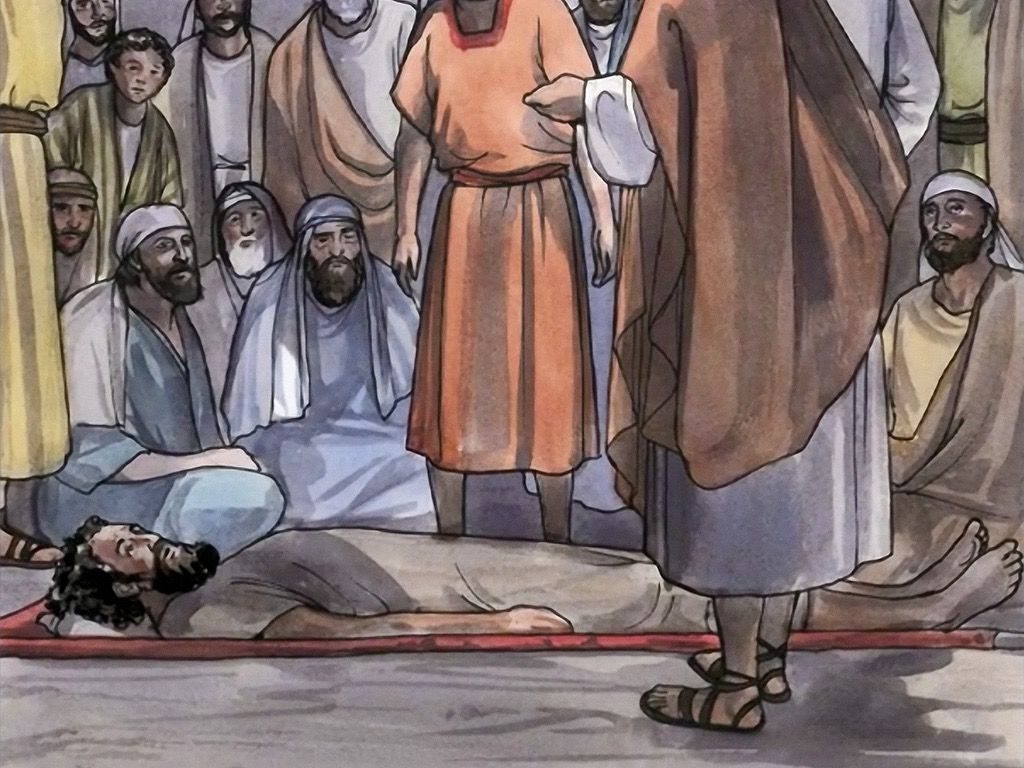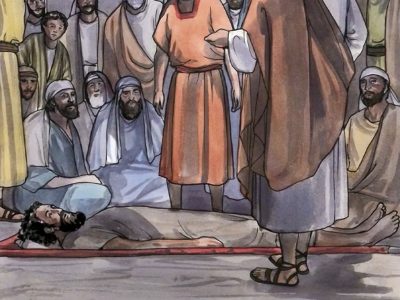
It is an odd title to consider here in the UK when we think of the challenges facing Kenyan healthcare where over 50% of doctors born and trained in Kenya work abroad. Most Kenyan counties have fewer than 1 doctor to 10,000 people and 80% of Kenyans don’t have any access to healthcare insurance and so are unlikely to be able to pay for any care. This means that they either don’t go to the doctor or they bankrupt themselves in doing so. Many people only arrive at hospital when their situation is so bad that they are desperate. If they had presented earlier it would have been much easier to treat them effectively.
So, what can we learn from Kenyan healthcare? I came across a fascinating conversation between a British healthcare worker living in Kenya and the African Inland Mission. The culture in Kenya is to see the body much more holistically than we do in the UK, he says. This can present its own challenges in that if someone believes they are ill because they have been cursed then they are likely to visit a witchdoctor who can lift the curse. Their spiritual views affect when they present for healthcare, which treatments they have had already and which treatments they are now willing to accept. But, he goes on to explain that when working as a GP in the UK, he notes that people come to him with health conditions whilst also feeling very lost or that their life has no purpose. Their physical health is being exacerbated by their mental health. However, when people come full of hope and positivity and the peace that their faith brings, a loving environment and happiness in their relationships, their physical healing is supported. If we have a physical issue we tend to treat it in isolation but Kenyans are much more tuned into the reality that we are holistic beings and our physical health is so entwined with our mental, spiritual, social and psychological wellbeing.
In the Gospel of Mark (2:1-12) a paralytic man is laid before Jesus with physical, social and psychological needs, yet in reading that story we only see the physical need. We are blind to the social and psychological needs which this man would have clearly had. It is interesting that the first action of Jesus was to give him spiritual and psychological peace when he says “Your sins are forgiven”. The man then gets up and walks away physically healed.


